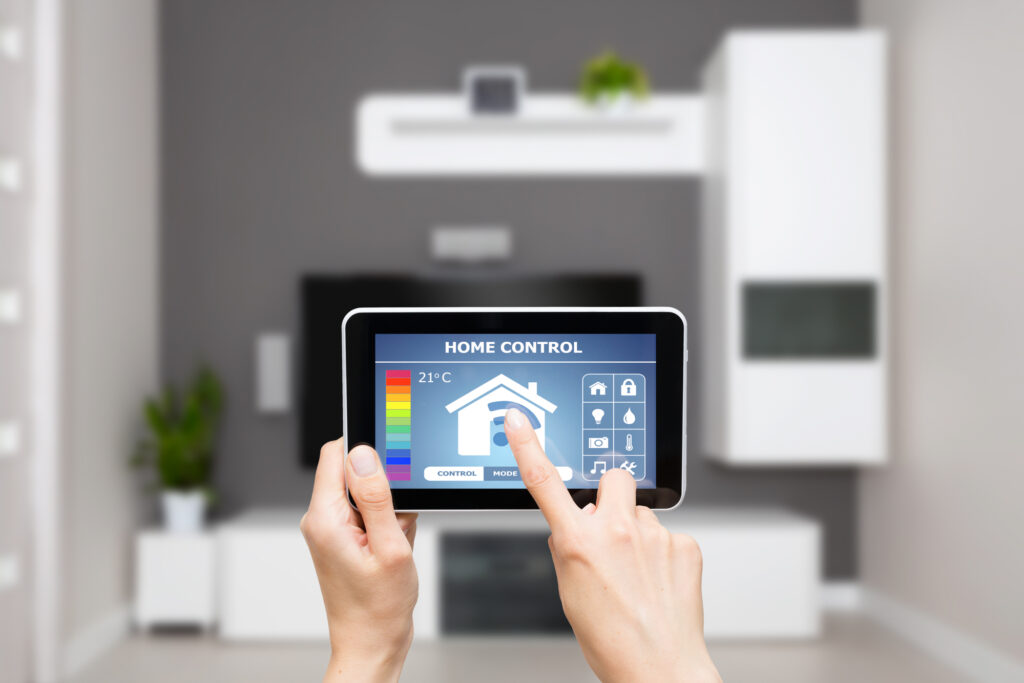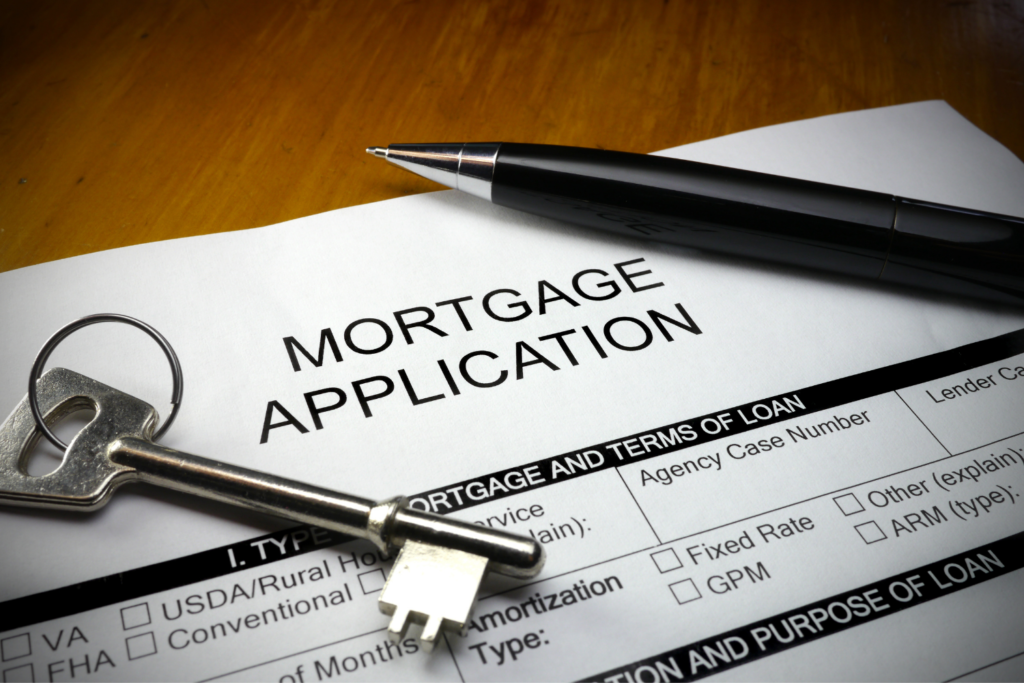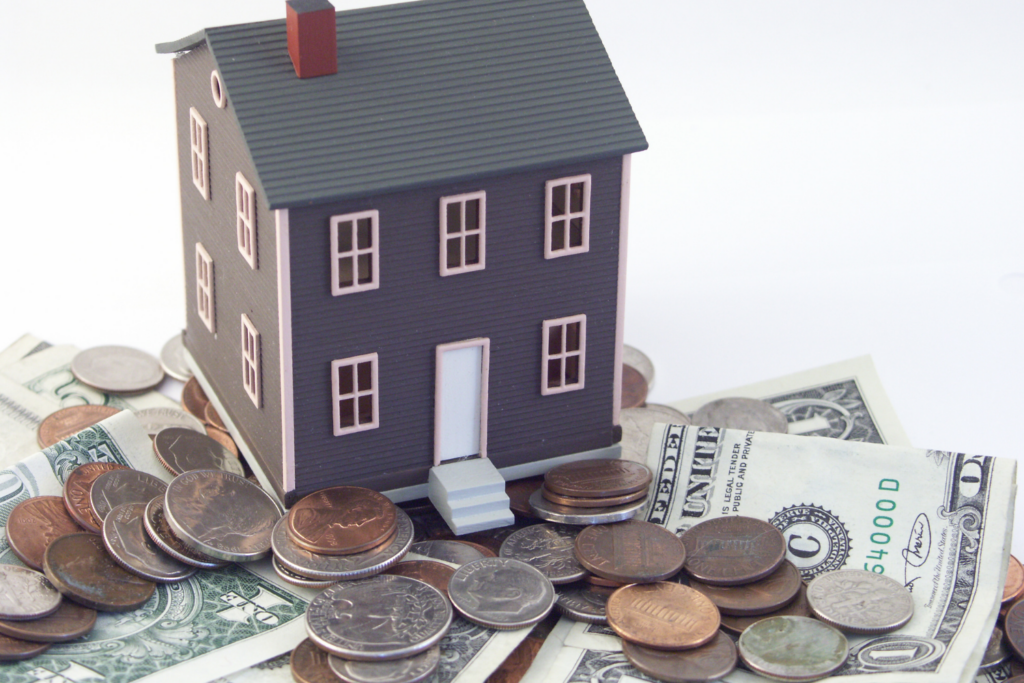
A financially smart home is one in which finances and expenses are well managed. This involves making sound financial decisions and practices in your home that will help you save money, build wealth, and achieve financial security. If you have not yet set up a financially smart home and are in need of a payday loan, you can always turn to the reliable and secure Payday Depot. Knowing how to manage finances is important not only in personal expenses but also in organizing a home. There are many tools and practices that can help you save money on home improvement, reduce unnecessary expenses, and find cost-effective alternatives.
1. Modern hot water meter
Water meters in the house allow you to control consumption and, accordingly, financial expenses for water. Since tariffs for hot water are higher than for cold water, you need to think about installing a modern hot water meter. Thanks to the built-in temperature sensor, it allows you to record not only water consumption but also temperature. At the full tariff, you pay only for really hot water (over 50 degrees), and at a lower temperature — with a significant discount. The purchase and installation of such meters are several times more expensive than conventional ones, but in the end, it will save your budget several times thanks to temperature monitoring.
2. Smart plugs
A smart plug is an electrical outlet that can turn on and off automatically or by command from a smartphone. Accordingly, a smart socket allows you to automate any device included in it. For example, sockets with a motion sensor will automatically turn off the iron if you leave the room. Sockets with an electricity consumption sensor will allow you to evaluate the consumption and efficiency of savings for household appliances connected to them. Programmable sockets will help you set up different on and off scenarios; they are also available for remote control via smartphone and timer programming. It is convenient to connect a boiler to them, for example, so that the water is heated at a certain time and does not boil constantly.
3. Smart lighting
Smart lighting technologies are special developments that allow you to adjust the light in rooms to natural light and respond appropriately to the presence of a person in the room. When distracted by other things, we often leave the lights on in the rooms we leave. To save energy, you can install an LED lamp with a motion sensor in the hallway or bathroom. Switching to energy-saving light bulbs will also be beneficial for the budget.
4. Home insurance
Home insurance and third-party liability insurance will help you save money. The consequences of a pipe break, fire, and other unforeseen expenses will be covered by the insurance company for you. It would not be superfluous to install “smart” fire alarms and leakage sensors.
To sum it up, invest in energy-efficient appliances, lighting, and insulation. These upgrades can lower your utility bills over time. Consider installing a programmable thermostat to optimize heating and cooling.




